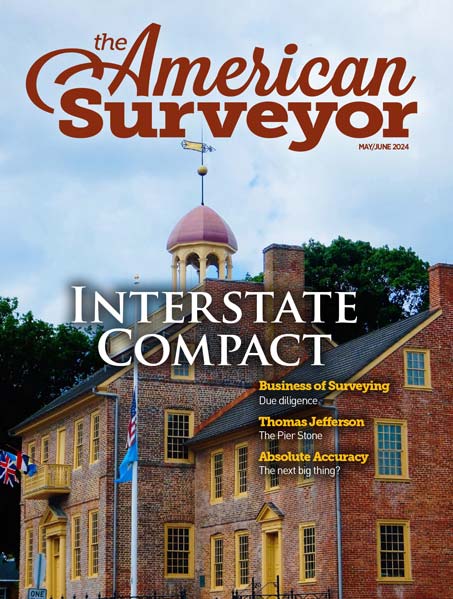Experts Detail Impact on U.S. Taxpayers and Workers
Washington, D.C. – Associated Builders and Contractors (ABC) today held a national telephone news conference to announce the results of a new study, conducted by George Mason University’s John M. Olin Institute for Employment Practice and Policy, that showed from 2000 to 2007, construction labor unions spent more than $1 billion in union wages to underbid nonunion contractors in a practice called “job targeting.”
In job targeting programs, also known as market recovery funds, organized labor officials collect fees from union members and then funnel that money to union contractors – and in a few cases, nonunion contractors – to compete for projects on which they otherwise would not be competitive.
Participating in today’s news conference were Jim Elmer, 2009 ABC chairman-elect and chairman of the Job Targeting Task Force, as well as founder and president of James W. Elmer Construction Co., Spokane, Wash.; Armand Thieblot, author of “Job Targeting and Market Recovery Practices of Construction Unions: Their Apparent and Hidden Costs,” director of the Olin Institute Advisory Board at George Mason University and principal of A. J. Thieblot & Son/NCSDO, Baltimore; Greg Hoberock, a member of ABC’s Job Targeting Task Force and president and CEO of HTH Companies, Union, Mo.; and Bob Hirsch, ABC’s director of legal and regulatory affairs.
“Job targeting has grave economic implications for U.S. taxpayers, as well as the construction industry itself,” said Elmer. “At a time when our country is experiencing serious economic difficulties and many union pension programs are severely underfunded, it is difficult to understand why financial expenditures like this are permitted to continue.”
“You have unions taking money from their employees’ paychecks, putting it into a fund, and then selectively deciding who they want to fund in order to put the open shop sector out of business,” said Hoberock. “Then the union controls a monopoly of the work and is free to charge whatever it wants because there is no competition.”
“It’s the fundamental aspect of job targeting that makes it so grossly unfair,” added Thieblot. “There exists this segment of the construction market – the prevailing wage segment – that is controlled not by market forces, but by prevailing wage rates. The unions are able to manipulate their own wage rates so they are effectively lower than nonunion contractors.”
The Olin Institute study, “Job Targeting and Market Recovery Practices of Construction Unions: Their Apparent and Hidden Costs,” also revealed that:
• Job targeting programs needlessly increase public construction costs. Job targeting artificially inflates wages because it masks the difference between what unions claim an employer is paying workers and what workers are actually being paid. The higher rate is used to set the prevailing wage standard for the area. As a result, the public unknowingly pays a much higher cost to build police stations, hospitals, schools, roads, libraries and numerous other publicly funded construction projects – or does not build them at all.
• Job targeting programs give unions an unfair advantage. The law currently allows a union to pay money to a company for the purpose of putting another company out of business and taking jobs away from that other company’s workers. If a nonunion construction company engaged in the same conduct as a labor union, it would be prosecuted for violating antitrust laws.
• Job targeting programs are unknowingly funded by taxpayers. The dollars union members contribute to fund job targeting are not legally deductible on their individual tax returns. However, the study found the amount of monies being paid for job targeting plus the degree to which unions masked their payments to contractors strongly suggest that some – if not a significant portion – of these wage payments are improperly being deducted as union dues, thereby reducing the amount of income taxes that should have been paid.
About Associated Builders and Contractors
Associated Builders and Contractors (ABC) is a national association representing 25,000 merit shop construction and construction-related firms in 79 chapters across the United States. Visit us at www.abc.org.
